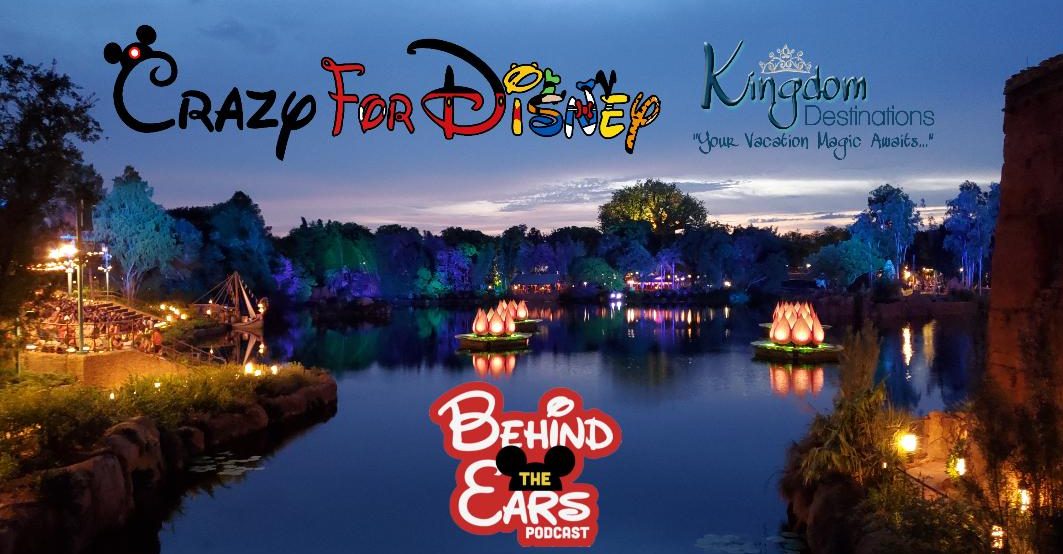By Kim Mosher
There’s a significant amount of planning that goes into a Disney World vacation. It’s gone far beyond simply booking your resort and purchasing park passes. For many of us it begins over a year in advance. For first time visitors or those who haven’t been to Disney in over a decade, it can be daunting. For those of us who understand and enjoy the advance planning, it can be exhilarating.
I fall into the second category. I start planning as far out as I can. I have spreadsheets, calendars, books and timetables. I note down preferences of all family members so I can incorporate as many favorites into our schedule as possible. I book our advanced dining reservations (especially character dining) at 180 days out, which is the earliest allowable. I book Fast Passes for rides at each park on each day of our visit 60 days in advance (30 days if staying off-property).
That being said, and despite what you may have been told by those of us who plan obsessively, it’s not absolutely necessary! We went to Disney in 2014 with little to nothing scheduled or planned out. Yes, with kids! And you know what? It was great. Would I make a habit of it? No, because I enjoy the advance planning too much (and my kids love character dining). But if all that scheduling gives you nightmares and you don’t mind just letting things flow, that’s okay. It works! Will you miss out on some things? Yes, probably. But there’s so much to do and so much to see that in the larger scheme of things I think you’ll get over it.
Since I’ve visited Disney both ways within the last year and a half, let’s look at some of the major benefits (or shortfalls) of each method.
Advance Planning:
- It’s fun. Let’s be honest, for some of us it’s almost as exciting as the trip itself!
- Booking advanced dining reservations (ADR’s) up to 180 days out ensures you’ll be able to get the table service restaurants and character dining experiences you want. Many times both are difficult, if not impossible, to reserve once you’re there.
- Knowing which parks you want to go to on which days allows you to book your Fast Passes as far as 60 days in advance. Having Fast Passes for rides with traditionally long wait times frees up quite a bit of time for other long waits you’re likely to encounter.
- You still retain some measure of flexibility once you’re there. For example, you can change your mind on ADR’s (though it has to be done 24+ hours in advance) and other reservations sometimes open up. You can continue to check and book new ones as you’re vacationing.
Not Planning:
- There’s no pressure to follow a schedule. What you thought you wanted to do in March might not be what you want to do when you arrive in September.
- While you may not be able to get into any table service restaurants, the amount of alternatives available for meals at all of the parks and resorts is amazing. It’s freeing to not have to stop what you’re doing to eat at a certain time just because you have a reservation.
- Similarly, while you’ll have longer wait times, not having to be at a ride during the time frame of your Fast Pass will give you more flexibility at the parks.
- For first time visitors, not having to plan every last detail is less daunting. There’s some measure of relaxation in strolling the parks and learning firsthand what Disney is all about without keeping to a strict timetable.
So if spreadsheets, calendars and reservations (or the people who insist that this is the only way to go) stress you out, know that you don’t have to go this way to have a good time. For those of you who are like me, know that your way isn’t the only way. There’s no such thing as a bad Disney vacation!

